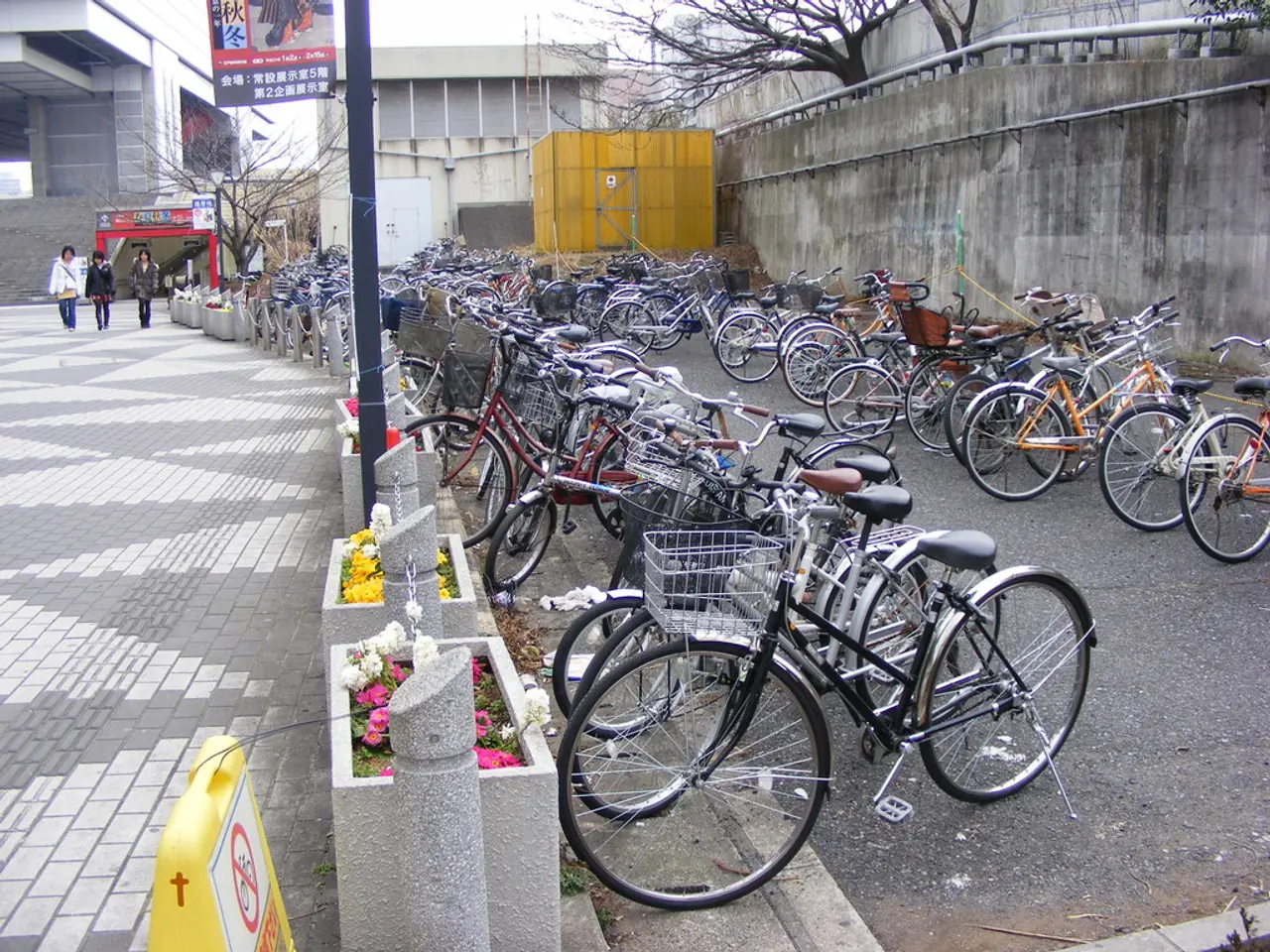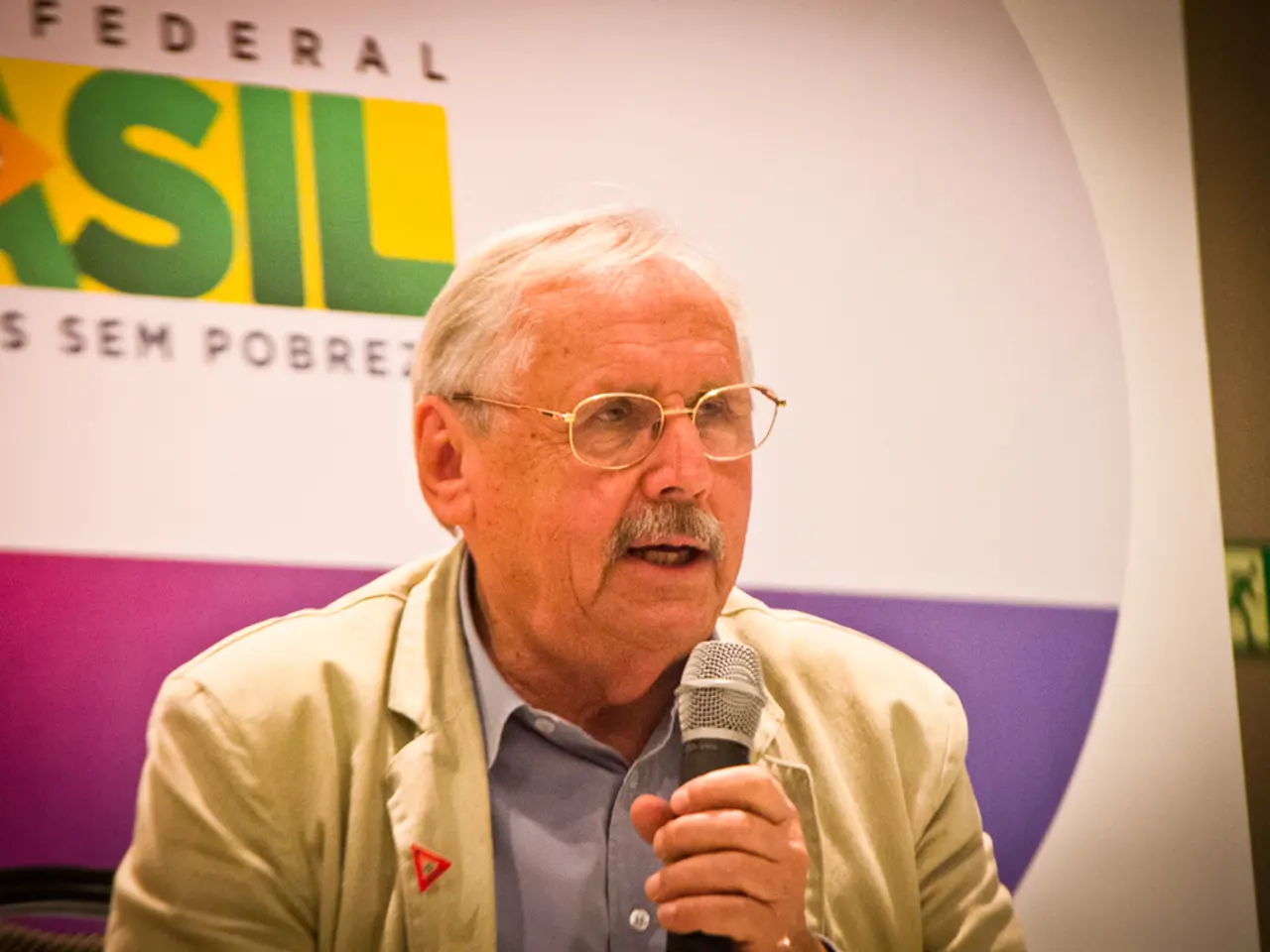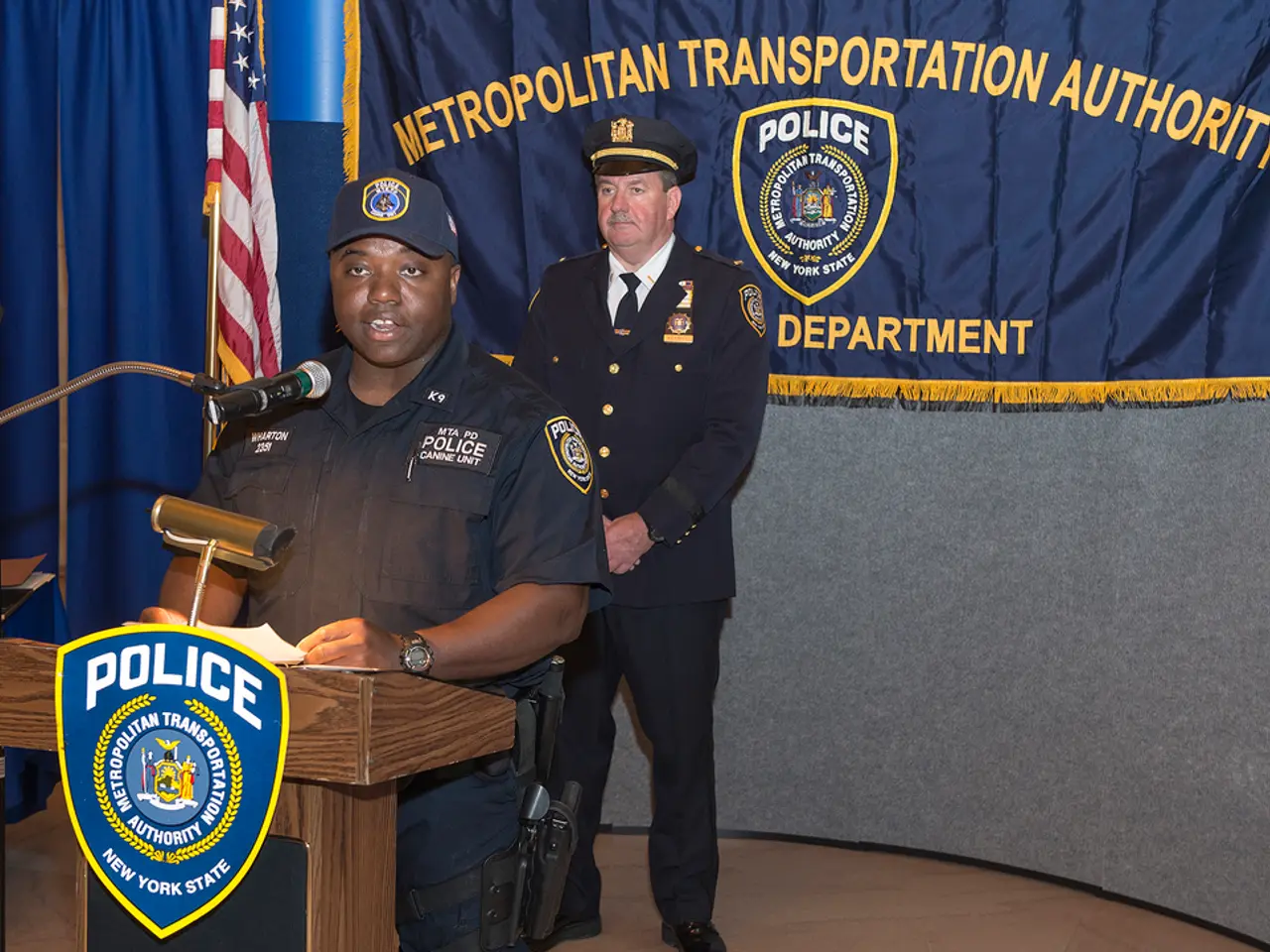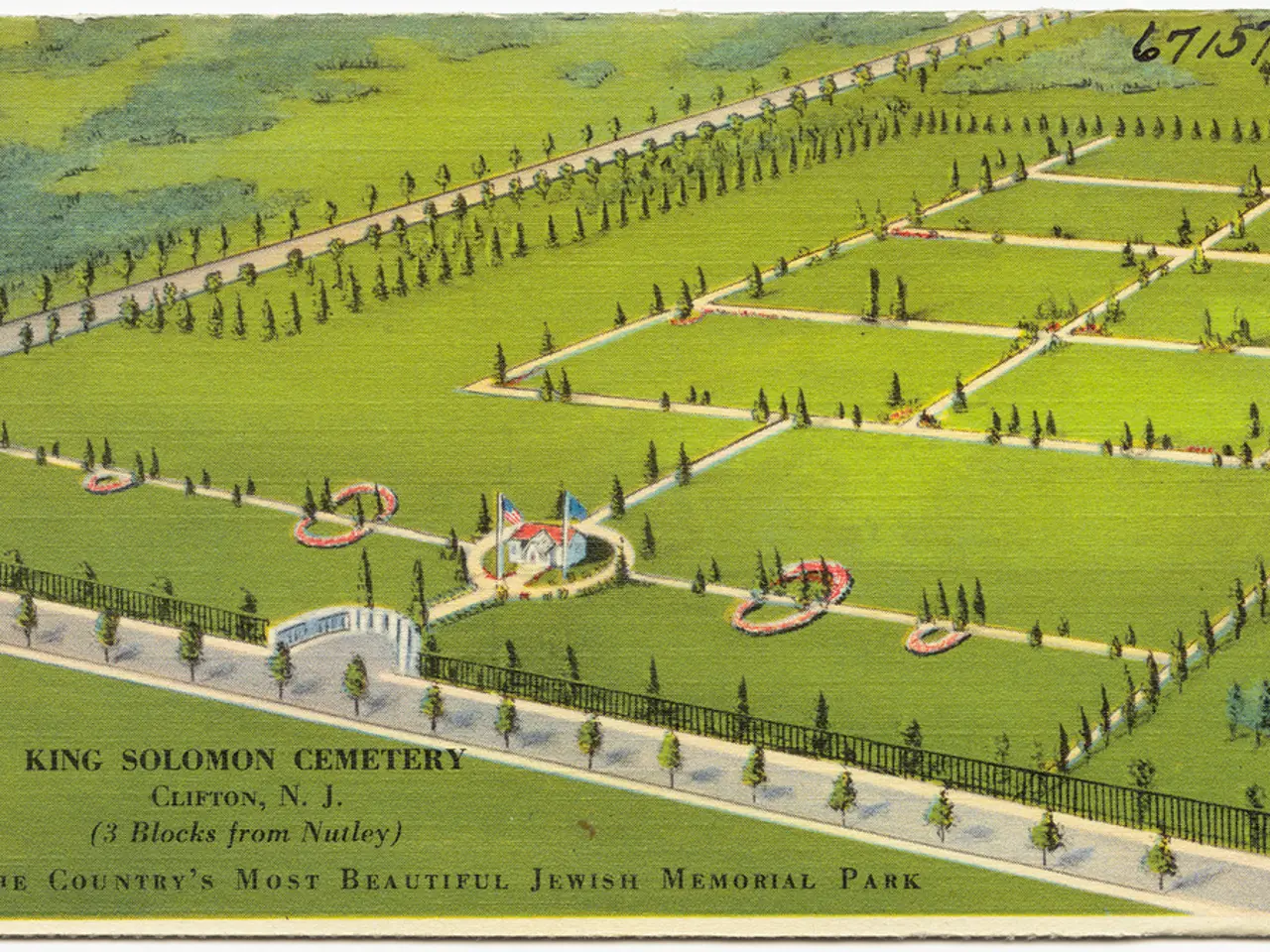Protesters could potentially take to the streets once more if the democratic transition is prolonged, according to BNP's Moyeen.
In a thought-provoking discussion titled "Looking Back at Bloody July-August: Expectations and Realities," held at the Dhaka Reporters' Unity auditorium, senior BNP leader Abdul Moyeen Khan expressed his concerns about the delay in the democratic transition in Bangladesh.
Khan reminded the government that the people and pro-democracy political parties of Bangladesh have been struggling for the past fifteen to sixteen years to restore democracy. He urged the interim government not to prolong the path to democratic transition and warned against making changes for the sake of change, emphasizing that not all change is true change.
One of Khan's major concerns is the delayed election, which he believes undermines democratic transition. He criticized the government's failure to announce an election date promptly, emphasizing that the election date must be declared immediately to restore normalcy and law and order. The delay, he argued, is destabilizing the country.
Another point of contention for Khan is the Proportional Representation (PR) electoral system. He disputes its suitability for Bangladesh, arguing that it does not fit the country's social conditions since voters in Bangladesh cast votes based on candidates as well as parties, unlike the impersonal nature of PR voting. He believes this system should be reconsidered after a proper public survey.
Khan also warned against malicious groups actively working to create chaos and anarchy to undermine democracy in the country. He called on citizens to stay vigilant against these vested interests aiming to derail the democratic process.
Moreover, Khan stressed that only an elected government has the legitimacy and the right to implement reforms. His remarks imply skepticism about the current government's mandate.
Khan's speech was not just about criticisms, though. He also emphasized that reforms should not be superficial or cosmetic, and that genuine change requires a transformation of the hearts of the people running the country. He observed that amending or rewriting the Constitution would not matter unless the hearts of the people change.
In conclusion, Abdul Moyeen Khan's major concerns are the delayed election undermining democratic transition, the mismatch of the PR system with Bangladesh’s electoral context, the threat from vested quarters creating unrest, and the legitimacy of reforms without an elected government. He urges immediate election scheduling and vigilance to safeguard democracy.
- Khan's concerns about the delayed election and the unsuitability of the Proportional Representation (PR) electoral system in Bangladesh lead him to question the future of policy-and-legislation and democracy in the country, as expressed in his speech at the Dhaka Reporters' Unity auditorium.
- In the turbulent political landscape of Bangladesh, Abdul Moyeen Khan's call for immediate election scheduling and citizens' vigilance against vested interests highlights the intersection of general-news, policy-and-legislation, and politics, as the country navigates its democratic transition.






